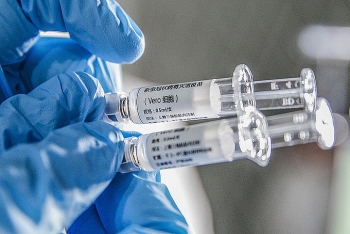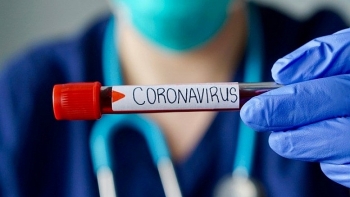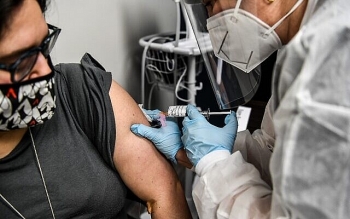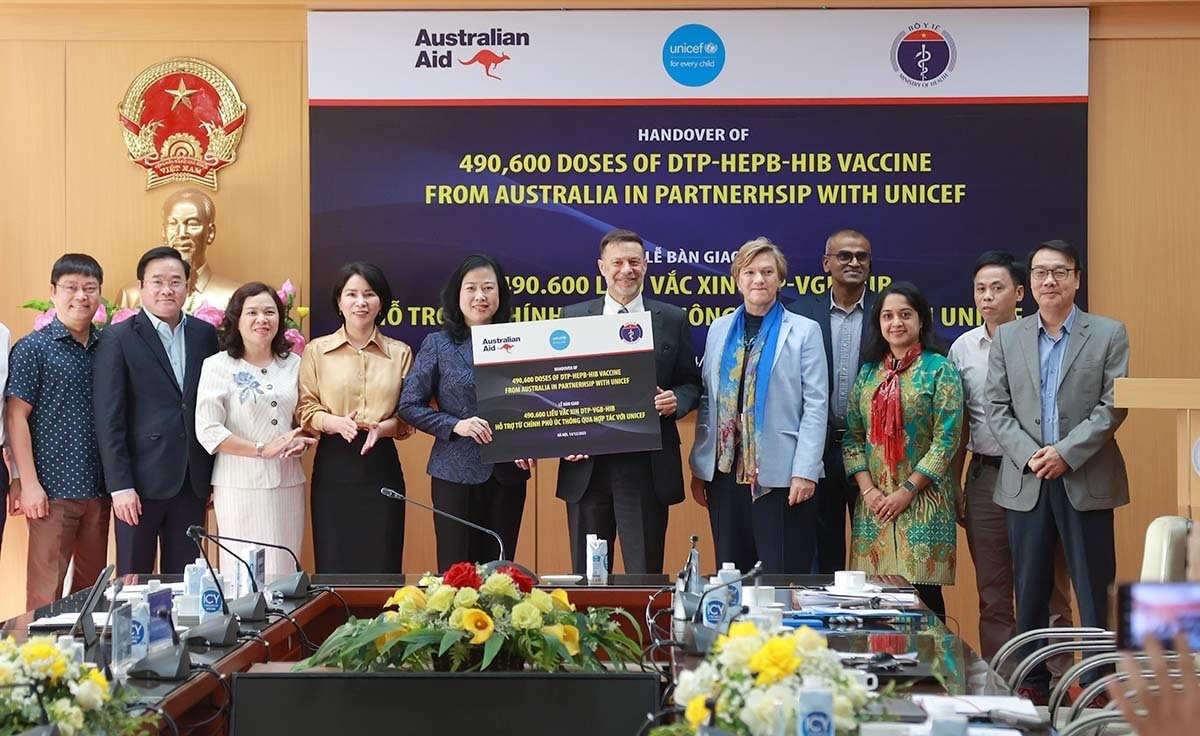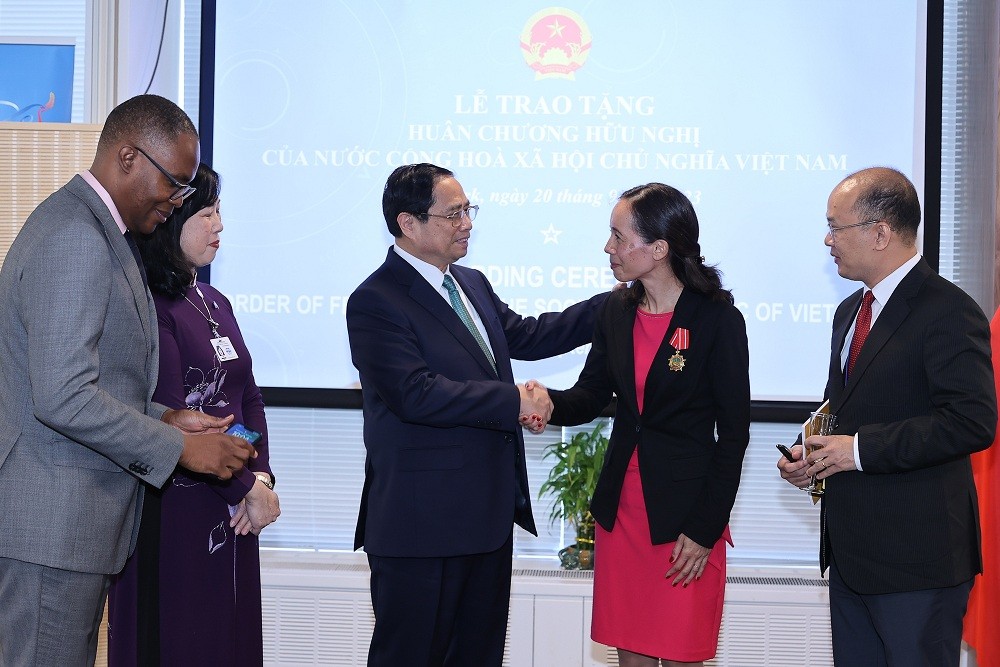Top Russian and Chinese COVID-19 vaccines prove potential shortcomings
| Vietnam among prioritized Mekong nations for China COVID-19 vaccine | |
| China authorises emergency usage of select domestic Covid-19 vaccines | |
| WHO urges all nations to join global shared vaccine bid |
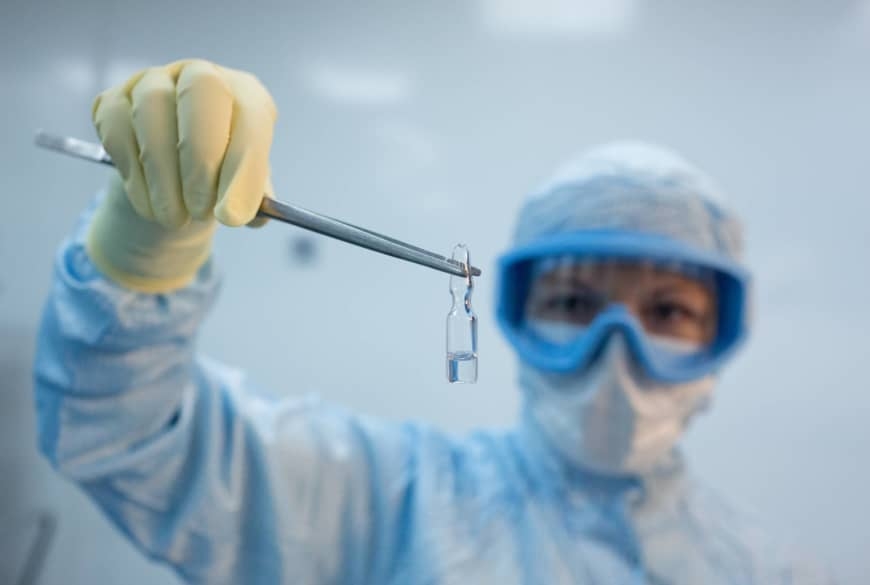 |
| Vaccines developed by Russia and China are based on adenovirus type 5, or Ad5, which might reduce the effectiveness when injected (Photo: Aviralbox) |
According to Reuters, both CanSino Biologics’s vaccine, approved for military use in China, and Moscow’s Gamaleya Institute’s vaccine, approved in Russia earlier this month despite limited testing, are based on adenovirus type 5, or Ad5.
Both developers have years of experience and approved Ebola vaccines based on Ad5. Neither CanSino nor Gamaleya responded to requests for comment.
“The Ad5 concerns me just because a lot of people have immunity,” said Anna Durbin, a vaccine researcher at Johns Hopkins University. “I’m not sure what their strategy is ... maybe it won’t have 70% efficacy. It might have 40% efficacy, and that’s better than nothing, until something else comes along.”
Dr. Zhou Xing, from Canada’s McMaster University, worked with CanSino on its first Ad5-based vaccine, for tuberculosis, in 2011, worries that high doses of the Ad5 vector in the CanSino vaccine could induce fever, fueling vaccine skepticism.
“I think they will get good immunity in people that don’t have antibodies to the vaccine, but a lot of people do,” said Dr. Hildegund Ertl, director of the Wistar Institute Vaccine Center in Philadelphia.
In China and the United States, about 40% of people have high levels of antibodies from prior Ad5 exposure. In Africa, it could be as high as 80%, experts said.
Some scientists also worry an Ad5-based vaccine could increase chances of contracting HIV.
In a 2004 trial of a Merck & Co (MRK.N) Ad5-based HIV vaccine, people with pre-existing immunity became more, not less, susceptible to the virus that causes AIDS.
Researchers, including top U.S. infectious diseases expert Dr. Anthony Fauci, in a 2015 paper, said the side effect was likely unique to HIV vaccines. But they cautioned that HIV incidence should be monitored during and after trials of all Ad5-based vaccines in at-risk populations.
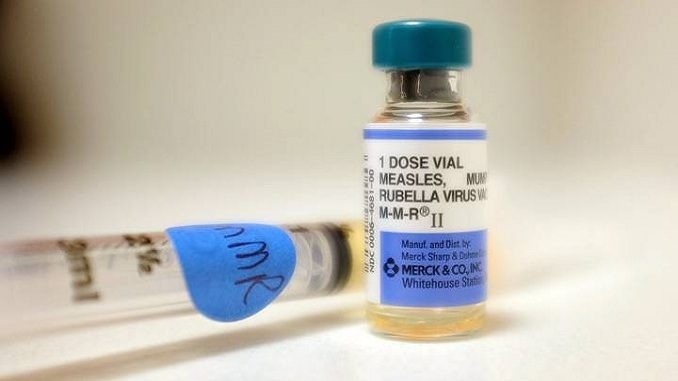 |
| (Photo: Focus Washington) |
Researchers’ experiments on Ad5
Researchers have experimented with Ad5-based vaccines against a variety of infections for decades, but none are widely used. They employ harmless viruses as “vectors” to ferry genes from the target virus – in this case the novel coronavirus - into human cells, prompting an immune response to fight the actual virus.
But many people already have antibodies against Ad5, which could cause the immune system to attack the vector instead of responding to the coronavirus, making these vaccines less effective.
Researchers turn to other alternatives
Several researchers have chosen alternative adenoviruses or delivery mechanisms. Oxford University and AstraZeneca (AZN.L) based their COVID-19 vaccine on a chimpanzee adenovirus, avoiding the Ad5 issue. Johnson & Johnson’s (JNJ.N) candidate uses Ad26, a comparatively rare strain, as reported by Reuters.
Xing’s team is developing an inhaled Ad5 COVID-19 vaccine, theorizing it could circumvent pre-existing immunity issues.
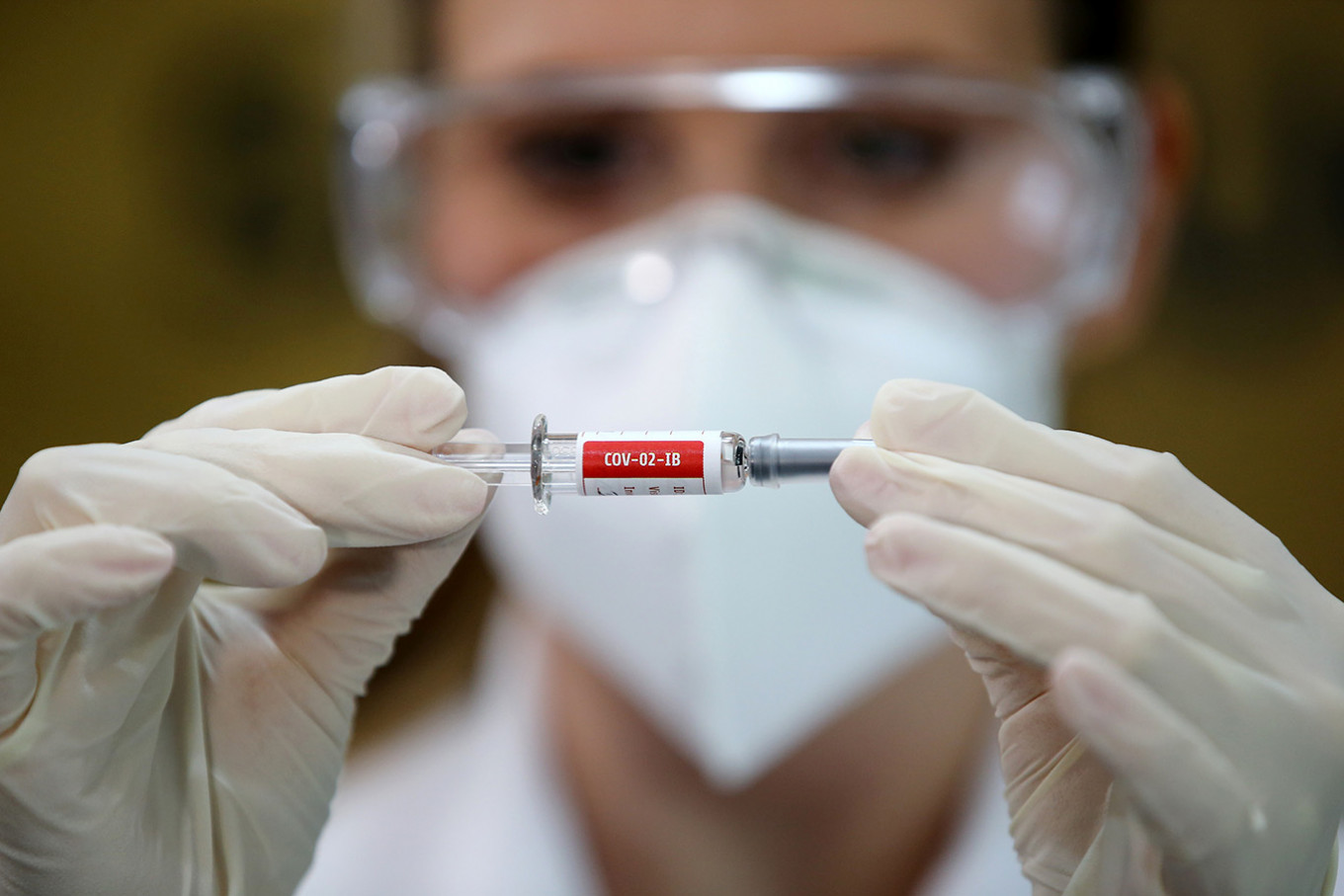 | China approves COVID-19 vaccine candidate for emergency use China has approved the use of Sinovac Biotech Ltd’s coronavirus vaccine candidate CoronaVac for emergency cases as part of its program to vaccinate high-risk groups ... |
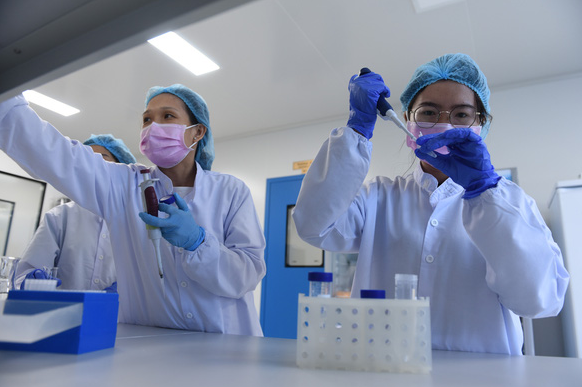 | COVID-19 Updates (August 29): Vietnam vaccine to be researched on human in September The units approved by the Ministry of Health to research and manufacture vaccines against COVID-19 starts from 30 million doses then reach the scale of ... |
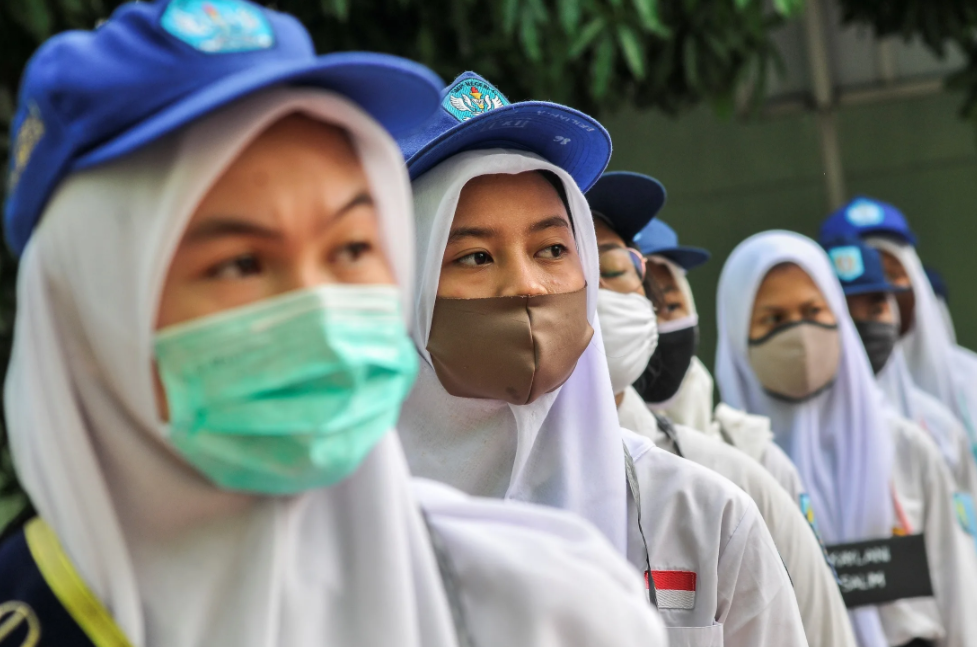 | China’s SinoVac Vaccine aims to beat Covid the Old-Fashioned Way Sinovac Biotech in Beijing is taking an old-fashion approach to developing an inoculation for the coronavirus. |
Recommended
 World
World
India sending Holy Relics of Lord Buddha to Vietnam a special gesture, has generated tremendous spiritual faith: Kiren Rijiju
 World
World
Why the India-US Sonobuoy Co-Production Agreement Matters
 World
World
Vietnam’s 50-year Reunification Celebration Garners Argentine Press’s Attention
 World
World
"Will continue offering our full support to Indian govt": US FBI Director after Pahalgam attack
 World
World
"Great Leader": JD Vance Lauds PM Modi During His India Visit
 World
World
Trump’s Tariff Pause: A Strategic Move from “The Art of the Deal”?
 World
World
"Indian Navy's participation in AIKEYME exercise matter of great happiness": Admiral Dinesh Kumar Tripathi
 World
World

